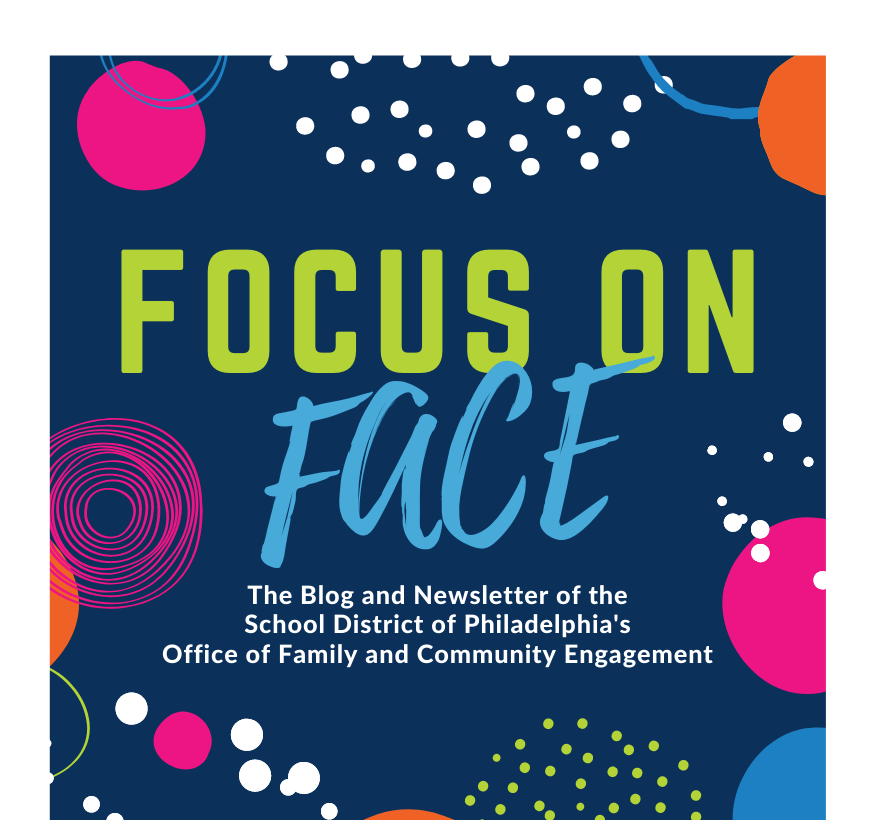 Why is building trust important? It’s an easy question to answer—trust is essential in any relationship—but it’s much harder to answer HOW we go about building trust. Lack of trust between schools and families can deeply hinder family engagement at schools. It can also cause unnecessary conflict between families and school staff due to miscommunication, misinformation, or simply mistrust. So, how do we start to build trust?
Why is building trust important? It’s an easy question to answer—trust is essential in any relationship—but it’s much harder to answer HOW we go about building trust. Lack of trust between schools and families can deeply hinder family engagement at schools. It can also cause unnecessary conflict between families and school staff due to miscommunication, misinformation, or simply mistrust. So, how do we start to build trust?
First and foremost, it is important for schools to make families feel welcomed in schools, so they’ll aspire to become more involved. This is a two-way street, however. Families must feel open to the idea of getting more involved with the school and excited to engage, not because they have to but because they want to. Trustworthiness is dependent on several character traits, including benevolence, reliability, competence, honesty, and openness. Communication and sensitivity to differences in culture can also help build trust, especially since our school district is very large and diverse.
Trustworthiness is built on the concept of benevolence—something that includes taking others’ best interests to heart as well as being dependable, being competent and following through, being honest and fair, and being open to or even embracing different opinions. Oftentimes, there are barriers that prevent families from engaging as much with schools as they would like to.
These barriers might include poor communication between schools and families, family members having bad past experiences with schools when they were younger, negative first impressions of the school, lack of confidence in the school’s goals, feeling unwelcomed by teachers and staff, family members lacking the self-confidence to get more involved (something that is very common among immigrant families), and more. Establishing trust will help break down these barriers and allow families to more readily engage with the school. Increased engagement can help teachers, principals, and school staff reach goals and accomplish more with the help of families.
Have you ever developed a good relationship without communication or with bad communication? It simply does not work!
Good and effective communication between schools and families is important to building a trusting relationship. Typically, schools tend to just send information home, which unintentionally closes the doors for families to give feedback. It’s imperative to establish an outlet for two-way communication—this way, families and school staff can collaborate so both will be on the same page and can work together towards accomplishing the same goals.
Another simple way that schools and families can use communication to build trust is to communicate positively instead of only negatively. For example, many times families only hear from the school directly when their student is in trouble. If schools regularly communicate positive things about students, such as when a student improves academically or shows effective leadership skills, then families will view communication from and with the school as less daunting.
Effective communication can be achieved through cooperation, coordination, and collaboration. Being open-minded and focusing on working together towards achieving the same goals, instead of the school and families constantly being at odds with each other, can help the school and families make progress towards improving academics, school climate, or any other concerns they have about the school. The key words here are working together. Collaborating and working together are nearly impossible without effective means of communication among everyone involved.
Here are some tips to improve communication between families and schools:
- Communicate early and often so that everyone receives the message in a timely manner.
- Invite participation. Some people do not feel comfortable speaking up unless they know that their opinions are wanted.
- Start with good news and frequently communicate positively. Many families believe that schools will only contact them directly when their child is in trouble. That doesn’t have to be the case! Teachers can make a call or send an email with positive news about their students.
- Communicate through various methods. Some people dislike technology. Others find it more convenient. To appeal to everyone, make sure communication occurs in a variety of ways so that the news reaches as many people as possible.
- Respond in a timely manner. If the school needs feedback or a parent has concerns, it’s important to respond as quickly as possible so that nobody feels ignored.
Building trust requires awareness of and sensitivity to different cultures, especially in a school district as diverse as Philadelphia’s. Immigrant families oftentimes feel marginalized when dealing with their child’s school. Cultural differences and language barriers make it more difficult for them to communicate with the school, and sometimes it is difficult to keep up with what’s going on. Schools can use their BCAs as a language and cultural resource. Furthermore, schools can help build bridges between families from the same cultural background in order to create a more comfortable environment. Once these families recognize that the school environment is a friendly one, they will be more willing to build a trusting relationship with the school. Similarly, families at more diverse schools can make efforts to be more welcoming to multilingual and immigrant families, showing that they embrace the diversity in their school instead of opposing it or simply “tolerating” it.
Why is building trust between families and school so important? Does it really even matter? Of course it does! Schools play an important role in a child’s life, and family engagement in schools has a ton of benefits. Students perform better academically when families are more engaged. The school’s climate and culture can improve exponentially with increased family engagement. And these are only a few of the benefits. If schools and families are able to build a strong and trusting relationship, then they can work together towards achieving the same goals, and so much can be accomplished.

